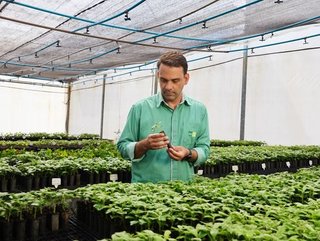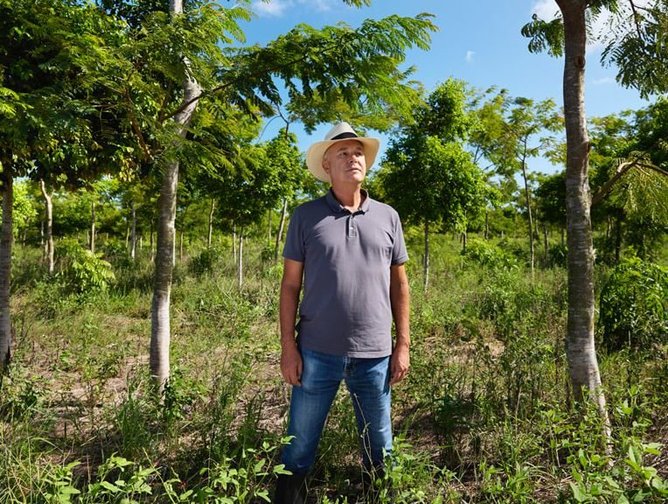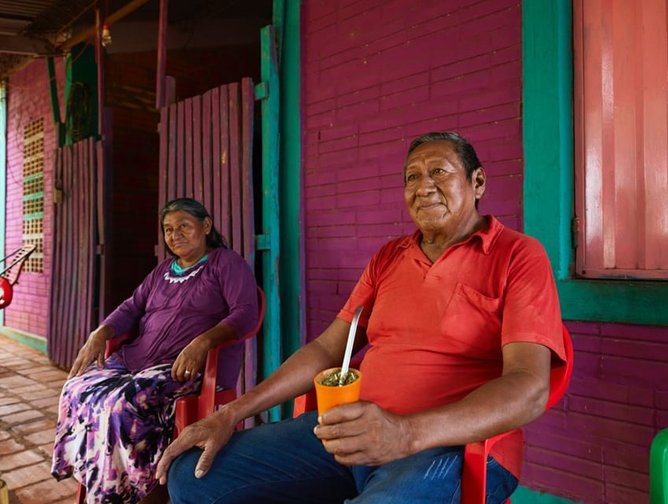What is Apple Doing for Atlantic Forest Sustainability?

Apple has given a glimpse into the world of sustainable change that it is helping to deliver in South America through its Restore Fund.
The global giant has publicised some of the projects it is funding in Brazil and Paraguay, where millions of seedlings are being planted to aid Atlantic Forest recovery.
Apple launched its Restore Fund in 2021. It then announced its expansion in 2023, pledging an additional US$200m and doubling the company’s commitment to advancing high-quality, nature-based carbon removal projects.
“The Restore Fund is an innovative investment approach that generates real, measurable benefits for the planet while aiming to generate a financial return,” said Lisa Jackson, Apple’s Vice President of Environment, Policy and Social Initiatives, at the time.
“The path to a carbon neutral economy requires deep decarbonisation paired with responsible carbon removal, and innovation like this can help accelerate the pace of progress.”

Branching out in Brazil
Just inland from the coastal town of Trancoso in Bahia, Brazil, Restore Fund has given finance to forest management and investment company Symbiosis.
Symbiosis is cultivating seedlings from mother trees, the most resilient trees from multiple species that have survived the rainforest’s destruction.
Founder and CEO Bruno Mariani said: “We started with the best genetic material possible, harvested in a huge native reserve of the Atlantic rainforest. That would attract a lot of fauna and insects.”
Symbiosis is one of three carbon removal project investments that are part of Apple’s Restore Fund across Brazil and Paraguay, with the aim of delivering benefits that go beyond carbon – from strengthening local livelihoods to enhancing biodiversity.
After planting 800 hectares of biodiverse forestland in a decade, Symbiosis has ambitions to plant over a million seedlings on 1,000 hectares in 2024.
To calculate the carbon stored on its land, Symbiosis has integrated Space Intelligence’s satellite data, ecological knowledge and machine learning to create land cover, land cover change and forest carbon maps.

Counting their chickens – and cash
Another Restore Fund project is under way at Forestal Apepu in the San Pedro district of Paraguay.
Forestal Apepu is developing fast-growing eucalyptus forests for high-quality timber production on lands that were deforested decades ago, while protecting the remaining natural forest and planting native species through experimental trials.
By focusing on high-quality timber managed on longer growing cycles, Forestal Apepu allows for more carbon removal and longer-term storage on its forestland.
After multiple meetings with Forestal Apepu’s social liaison officer Gladys Nuñez, the women of the community came together to develop an income stream from raising chickens.
After Forestal Apepu added 21 chickens to her coop in 2023, Graciela Gimenez now has 51 chickens that produce eggs and meat for the family to eat and also to sell.
Nuñez said: “All of those people from the communities that are working at Apepu, including myself, are learning every day about forest management, like the health and safety of pesticides or the better use of natural resources. This learning as a community is going to help the environment.”
Beyond its community projects, Forestal Apepu is also looking for ways to monitor the wellbeing of the land in its forested areas.
A bioacoustic monitoring experiment has been recording the sounds of the forest, helping a partner team of biologists detect the levels of biodiversity throughout the forest using artificial intelligence and machine learning.
******
Make sure you check out the latest edition of Sustainability Magazine and also sign up to our global conference series - Sustainability LIVE 2024
******
Sustainability Magazine is a BizClik brand
******






